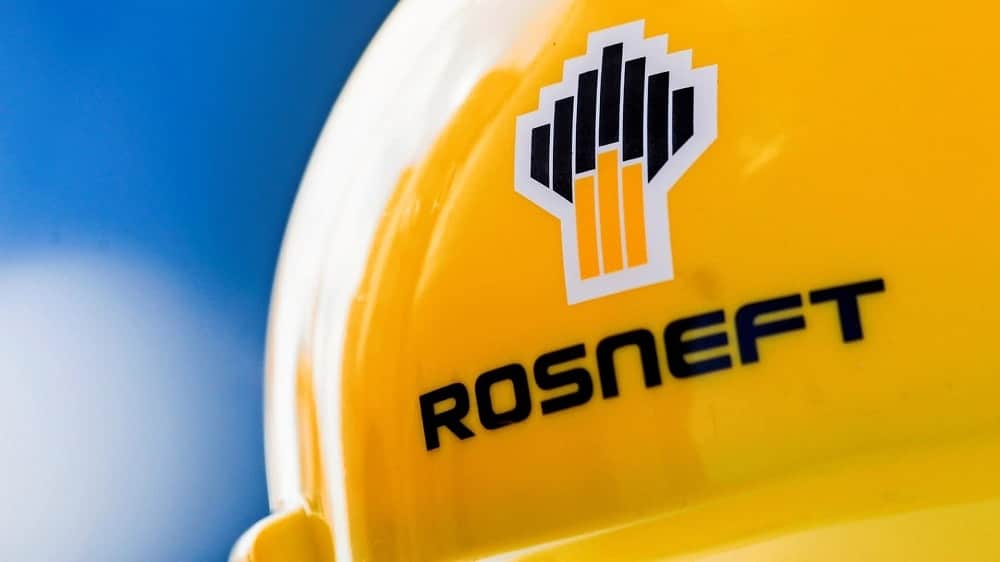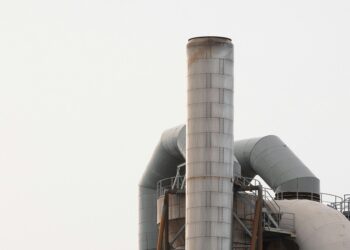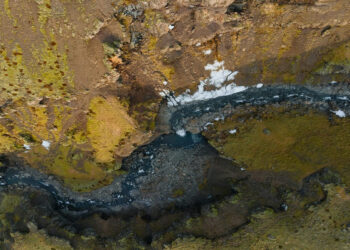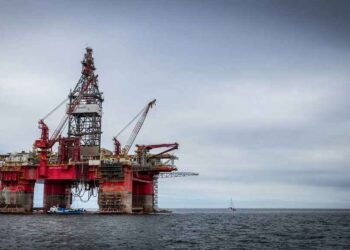Rosneft reduced fugitive methane1 emissions in the Upstream sector by 73% in 2019 as a result of a comprehensive programme of process improvements and methane emission reduction initiatives.
Maximizing emissions reductions is a key element of the Rosneft-2022 Strategy. The Company intends to take a leading position in terms of environmental friendliness of its business and enter the first quartile of international companies in terms of unit greenhouse gas emissions. Rosneft gives top priority to reducing emissions of methane that produces a greenhouse effect about 28 times stronger than carbon dioxide.
In 2019, Rosneft joined the initiative of the world’s leading oil and gas companies by signing “The Guidelines for Methane Emission Reduction in Natural Gas Supply Chain.” The Company will continue to introduce modern direct and remote technologies for detection and assessment of methane emission sources and for leaks prevention. Rosneft also announced its commitment to the UN Sustainable Development Goals, identifying Combating Climate Change among its five priority goals. As one of the world’s largest hydrocarbon producers, Rosneft takes a strategic approach to the global challenge of combating climate change.
The Company plans to reduce specific greenhouse gas emissions by 5% and improve energy efficiency at production facilities. These initiatives will prevent over 8 million tonnes of CO2-equivalent greenhouse gas emissions by 2022.
Rosneft pays special attention to the development of the low-carbon business segment, increasing the production of natural gas and new types of commodities with improved environmental performance. The company is also actively introducing its own innovative technologies in the field of rational use of associated petroleum gas (APG), which allows not only to pump it into the reservoir to maintain reservoir pressure but also to use it to generate electricity. In 2019, the average APG utilization rates for mature assets of the Company reached 93.8%.
Late last year, for the first time in East Siberia, the technology for injecting APG in a temporal underground gas storage facility was applied at the Verkhnechonskoye field. The uniqueness of this technology lies in the storage of associated feedstock for further rational use, rather than for maintaining reservoir pressure.
This technology made it possible to bring the level of APG utilization at the Verkhnechonskoye oil and gas condensate field to 97%, one of the highest in the industry.
In 2019, the Company established the Carbon Management Subcommittee to coordinate corporate activities on the climate agenda. The Subcommittee includes top managers and heads of energy, economic and environmental functional units. The Company’s carbon management plan for 2020 is organized in the following important areas:
- strategic development;
- reduction of industrial greenhouse gas emissions;
- development of carbon metrics and methodologies;
- development of industry partnerships;
- realization of training courses;
- assessment of the impact of physical climate risks on production activities.
The Company also monitors the stages of the Investment Gas Programme and Energy Saving Programme implementation on a regular basis. Thanks to a 14% improvement in energy efficiency, the Company managed to reduce emissions in the amount of 3.1 million tonnes of CO2 equivalent over the last two years.
In 2018, Rosneft was the first in Russia to start producing and selling Euro 6 gasoline with enhanced environmental properties. Today the sales area has been expanded to nine regions where the retail chain operates under the management of Rosneft. The Company also offers consumers a wide range of low-sulphur marine fuels, which fully comply with new requirements of the International Maritime Organization.
Rosneft supports research activities, including climate studies. The Company has organized more than 20 wide-scale arctic expeditions since 2012. Hydrometeorological and climatic information received during the expeditions is used to ensure the safety of navigation and operation of offshore oil and gas platforms, as well as the design of future oil and gas production facilities. Based on the research results, the Company published a unique Atlases of the Seas of the Russian Arctic publication.
Rosneft pays great attention to reforestation activities. Specialists from the Company’s subsidiaries planted about 1 million trees in 2019, including about 5,000 planted during the All-Russian Environmental Work-for-the-nation Green Spring-2019 Event.
Rosneft also cooperates with international companies in emission offset through reforestation projects. For instance, Rosneft, together with DHL, offset 13 tonnes of CO2-equivalent from the emissions of transportation involved in the delivery of its goods in 2018.
Rosneft enterprises are actively implementing the Green Office principles to reduce resource consumption, save heat and electricity, and improve the quality of working conditions and the environment.
Rosneft became one of the leading global oil and gas companies participating in the international ratings of CDP (Carbon Disclosure Project), the most reputable non-profit organization that evaluates companies’ environmental impact, strategy, corporate governance, and risk management activities related to climate change issues, water and forest issues. As a result of an independent assessment, Rosneft was assigned the “B” rating – the highest among the participating Russian oil and gas companies. Rosneft’s activities, taking into account decisions on water resources management, were rated “B-“, demonstrating the effectiveness of the Company’s environmental policy.



















































